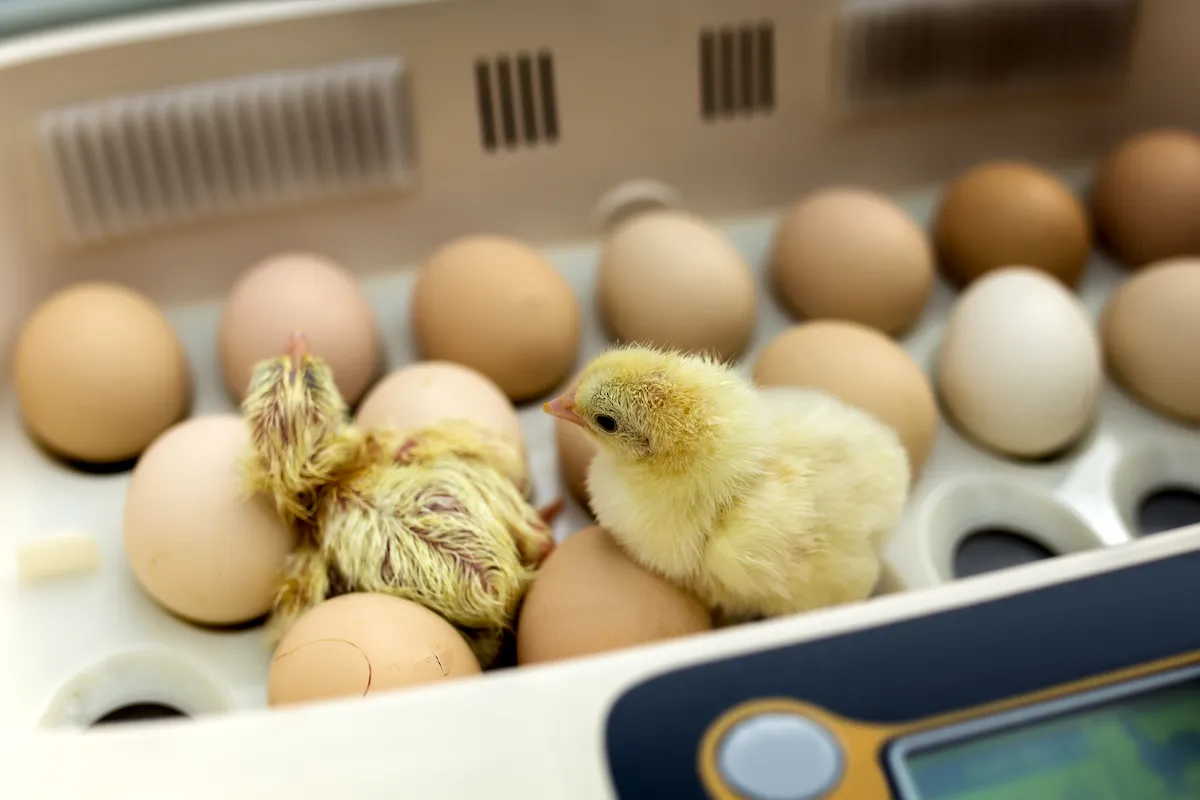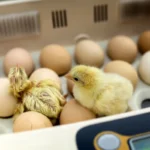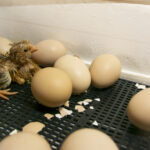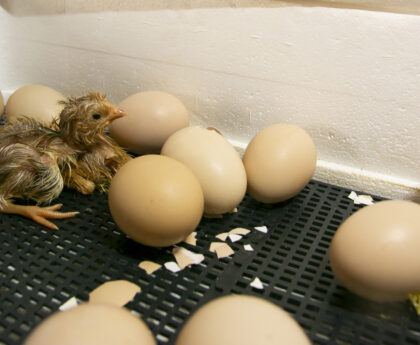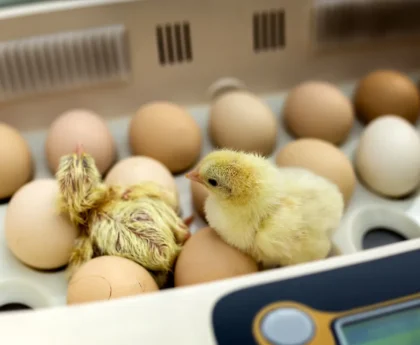When embarking on the journey of poultry incubation, selecting the right fertile eggs is crucial for successful hatching. The quality of the eggs plays a significant role in determining the chances of successful incubation and the health of the resulting chicks. To ensure optimal results, various factors need to be considered when choosing fertile eggs for incubation. Additionally, evaluating the quality of eggs is essential to maximize the chances of successful hatching. In this article, we will explore the factors to consider when selecting fertile eggs and the methods to evaluate their quality.
Factors to Consider When Choosing Fertile Eggs for Incubation
Several essential factors can influence the selection of fertile eggs for incubation in poultry. Firstly, the breed and lineage of the chickens are crucial. It is recommended to choose eggs from a reputable source that breeds healthy and productive birds. The genetic background of the birds can significantly impact the quality and characteristics of the chicks that will hatch. Secondly, the age of the eggs is important. Fresh eggs are generally preferred for incubation as they have a higher chance of successful hatching. Eggs older than seven days may have decreased viability and should be avoided. Lastly, it is vital to consider the condition of the eggs, such as cleanliness and integrity of the shell. Only clean eggs without cracks or deformities should be selected for incubation.
Evaluating Egg Quality for Optimal Poultry Incubation Results
To ensure the best possible results during poultry incubation, it is crucial to evaluate the quality of the eggs before placing them in the incubator. One important parameter to assess is the size of the egg. Eggs of similar sizes tend to hatch more uniformly, allowing for better management during incubation. Additionally, the shape of the egg should be evaluated. Ideally, eggs should have a regular oval shape, as irregularly shaped eggs may experience difficulties during incubation. Furthermore, the weight of the eggs can also indicate their quality. Eggs that are too light or too heavy may have compromised viability and should be avoided.
Another significant aspect to consider when evaluating egg quality is the condition of the shell. The shell should be intact and free from any cracks or deformities. A cracked shell can lead to bacterial contamination and a compromised hatching process. Moreover, the cleanliness of the egg is essential. Dirty eggs can harbor harmful bacteria that could affect the developing embryo. It is important to note that washing eggs is not recommended, as it can remove the natural protective layer on the shell. Eggs should only be cleaned if necessary, using methods recommended for poultry producers.

